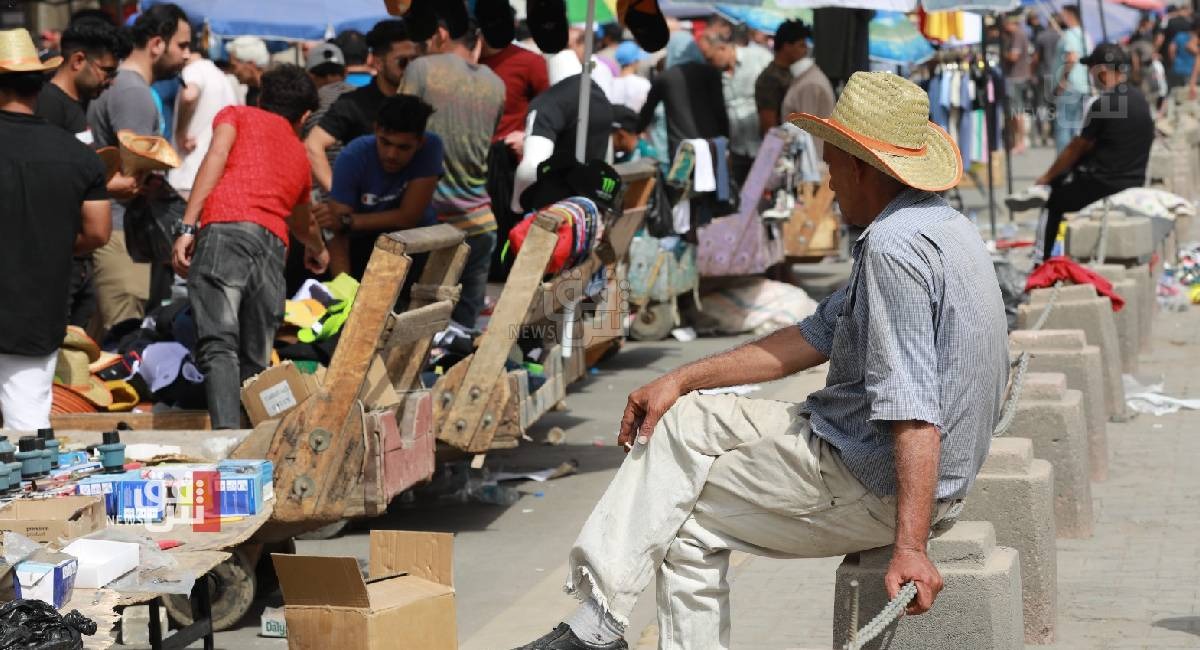Victims without proof of crime.. scammers lure Iraqis with twisted schemes

Shafaq News / In recent years, cases of scamming through difficult-to-prove criminal ways have increased, resulting in victims suffering significant losses while offenders escape punishment without accountability.
"A corporation published an online advertisement to recruit partners, with a salary of $2700. The applicants would be paid the earnings that yield from managing these funds," Noor, a fraud victim from Baghdad, said.
She told Shafaq News Agency, "This job appeared worthwhile to me, so I joined them along with many other young people. We were taught to work in various locations, but we were also subjected to an unusual procedure: signing contracts prohibiting us from registering a complaint against the company or even discussing it on social media. According to the contract, violators of the restrictions face consequences ranging from fines to imprisonment."
"We were astounded when the company and its proprietors vanished without a trace after finishing the training. Later, we discovered that it is a fraudulent company that defrauds young people under the guise of operating their money. As a result, I lost my money, and so did many other people. The company is yet to be identified."
According to Maj. Gen. Khalid al-Muhanna, spokesman for the Interior Ministry, after falling for fraud, citizens resort to reporting their complaints to the security services, who then take special measures. "Fraud gangs have various ways, some of which depend on the law, exploiting the citizens' lack of knowledge in this aspect, including obliging them to sign binding contracts."
"The police follow special procedures with such types of fraud, including stopping these companies through the Iraqi judiciary and investigative papers, after collecting evidence, witness testimonies, and other procedures," al-Muhanna explained, urging citizens to "cooperate with the police and submit complaints against any party that practices fraud against them."
Those con artists are known as (56) in Iraq, short for the law of fraud article (456) of the Penal Code No. 111 of 1969.
According to legal expert Haider al-Sufi, this article punishes anyone who employs methods and means to deceive and defraud citizens, resulting in material or moral benefits for the perpetrator, with up to five years in prison (depending on the gravity of the violation).
Speaking to Shafaq News agency, al-Sufi warned that "most cases of fraud and deception are difficult to prove because the requirement of two witnesses to the incident is rarely met, and hence the perpetrator escapes punishment."
"In order to avoid fraud, we advise the citizens to check the background of the person with whom they agree, whether in the sale, dealings, or debt. They should also obtain legal documents signed before two witnesses," he added.
He added, "When the accused is convicted and sentenced, the victims are given the right to appeal to civil courts (courts of the first instance) to reclaim the rights that the accused took away. They also have the right to seek financial and moral restitution for the harm caused by this crime."





